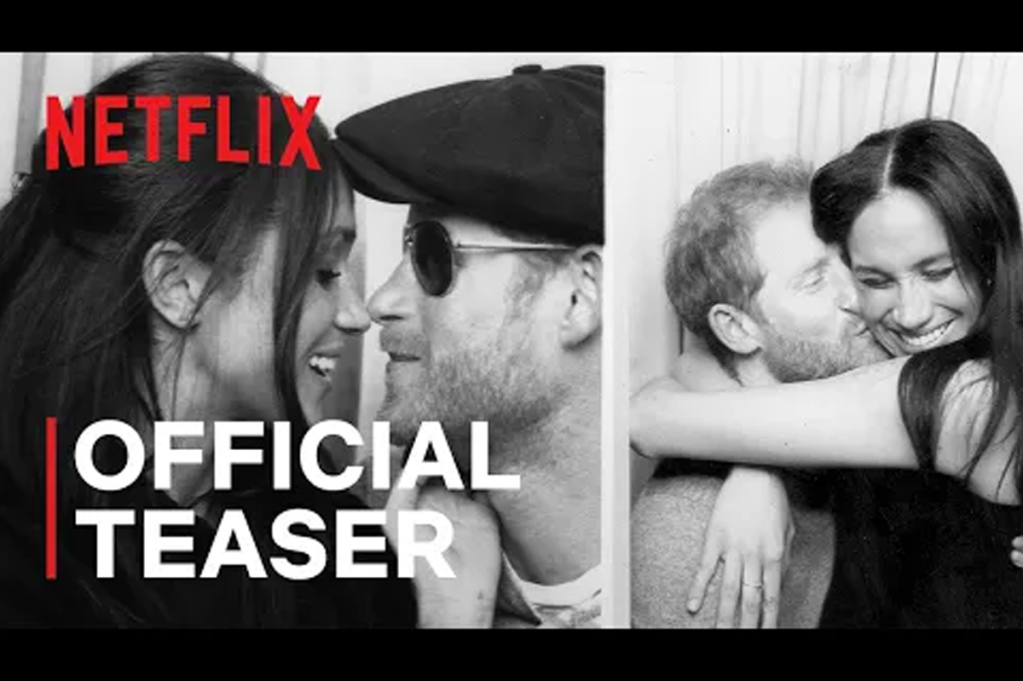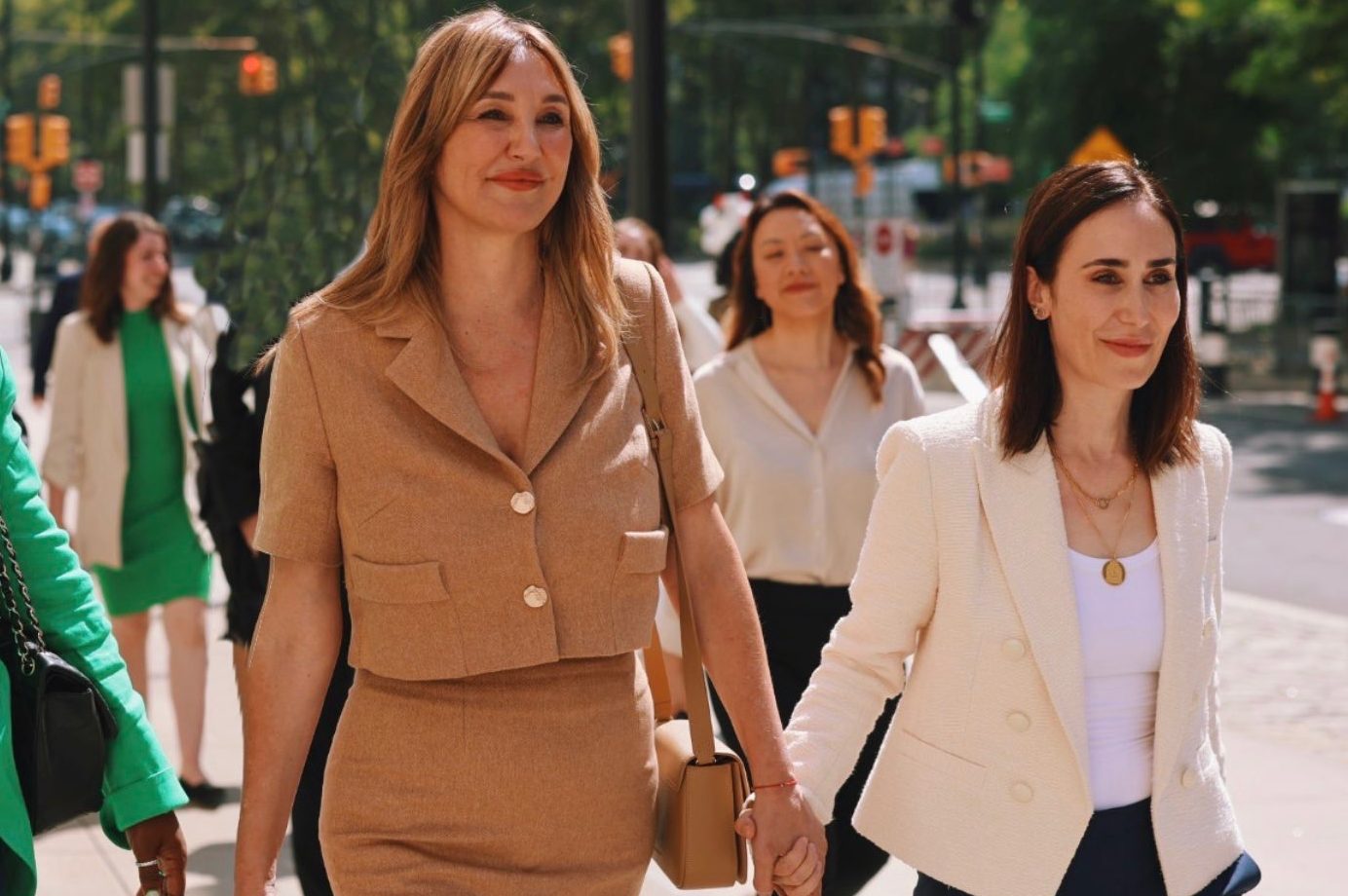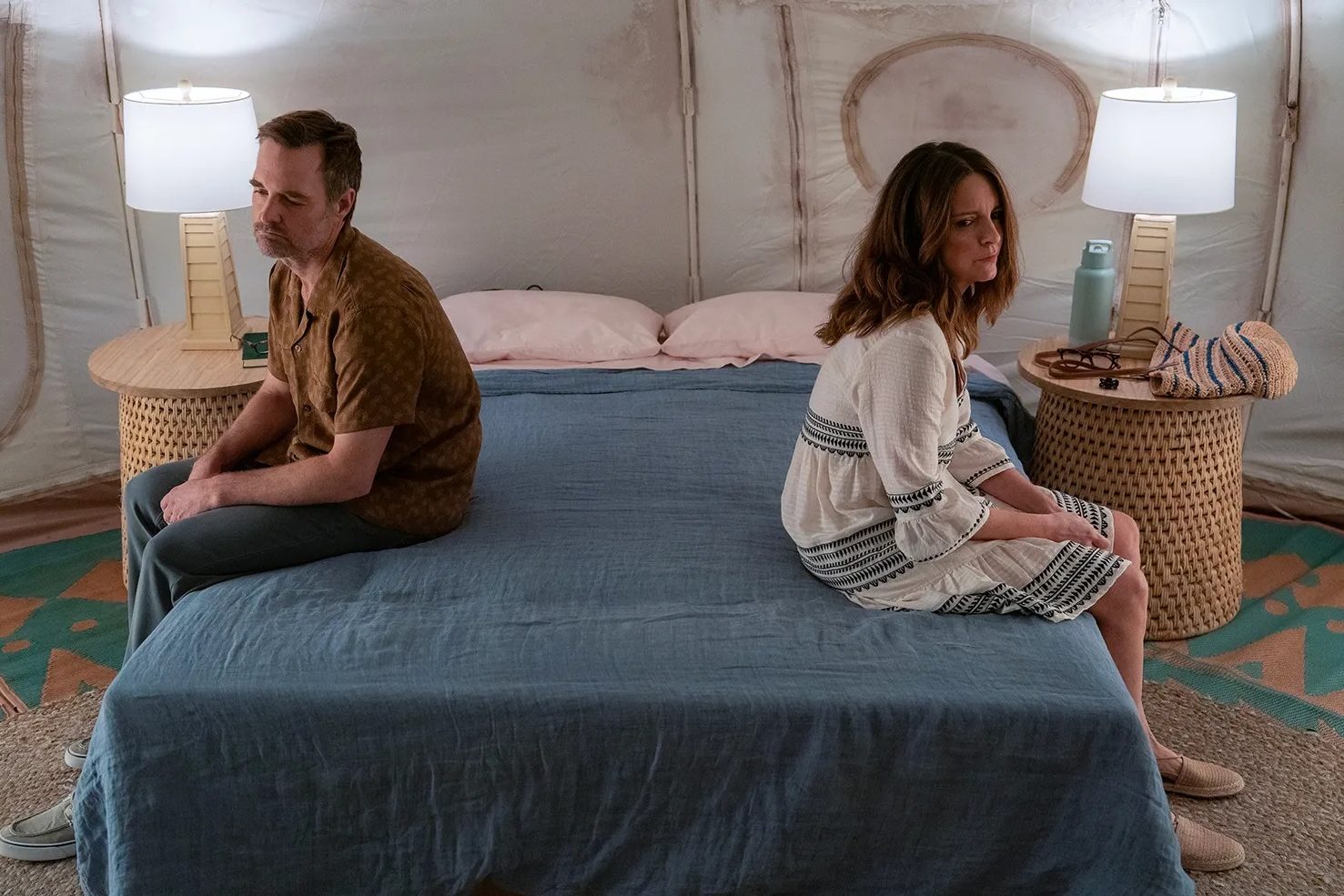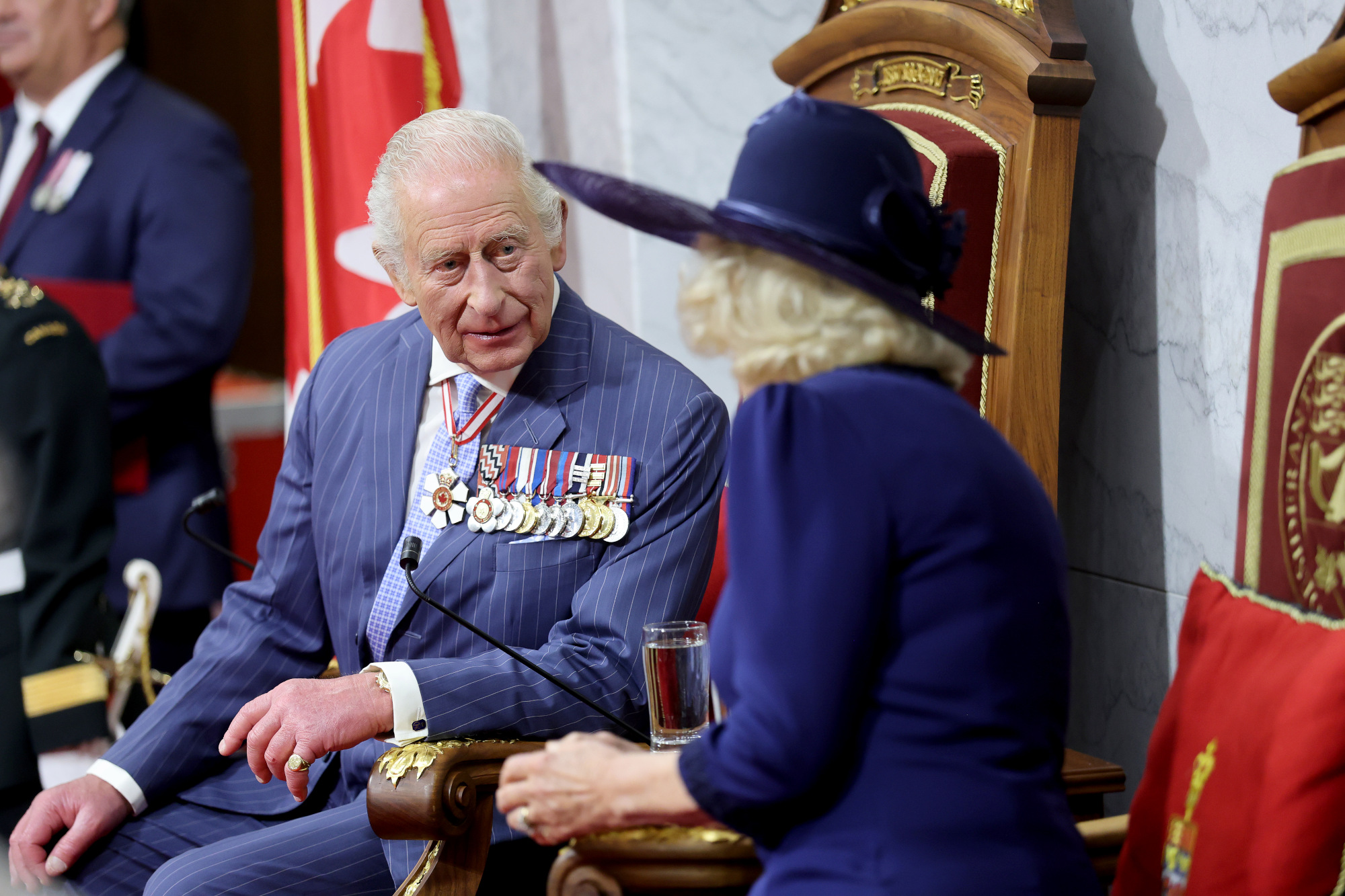The opening scenes of the eagerly anticipated — or keenly dreaded — Netflix series Harry & Meghan set out the couple’s stall.
“This is a first-hand account of Harry & Meghan’s story, and told with never before seen personal archive… all interviews were completed by August 2022.”
This hint — that nothing was affected by the Queen’s death — is then compounded by the next statement. “Members of the royal family declined to comment on the content within this series.” The promise is clear; this is going to be explosive.
Well, it isn’t. Not so far, anyway. Instead, over a near-interminable first three hours, the viewer endures a mixture of the same biographical material that we’ve all seen a thousand times before. We see hagiographic treatment of the apparently saintly Harry and Meghan, angry attacks on the media coverage and racist harassment directed towards Meghan and, eventually, what viewers have been hoping for: direct criticism of the British royal family, albeit less full-frontal, in these opening episodes, than might have been anticipated from the explosive and provocative — to say nothing of misleading — trailers.
Meghan describes how William and Kate’s formality “on the outside carried through on the inside… that formality carries through on both sides, and that was surprising to me.”
There are some unexpected angles, albeit exclusively from a left-leaning, American perspective. The commentators Afua Hirsch and David Olusoga are featured prominently, rather than the usual rent-a-quote royal commentators and historians, which is a new approach.
Olusoga offers context about racial issues, particularly British involvement in slavery, and there is a pervasive anger towards British society, high and low; from footage of Princess Diana angrily remonstrating with paparazzi while her children were small to seeing angry and abusive tweets directed towards the Duchess on screen, calling her “a publicity-seeking c***” and the like.
Brexit is blamed for much of the racism that erupted in Britain from 2016 onwards, coincidentally the same year that the Harry and Meghan romance began; Olusoga describes it as “an inauspicious moment for Britain to be trying to live out this fairytale story of this fairytale princess and this diverse modernizing country.” The clips of Meghan in Suits remind us that global activism’s gain has not necessarily been acting’s loss. And there’s the odd laugh, whether intentional or not, from the arch self-deprecation of Meghan’s description of her self-conscious first curtsey to the Queen, to Harry saying that his family refused to believe that “a ginger” could be dating such a beautiful woman. We also discover that Meghan learnt Britain’s national anthem by Googling it.
Yet the greatest surprise, from the first three hours of Harry and Meghan, is how much of what we might have expected is absent. Looking for overt criticism of King Charles or Camilla? You won’t find it so far, save a cryptic reference to how Harry was “brought up in Africa.” Anything about the racism endemic within the wider royal family? Harry talks of “unconscious bias,” suggesting “in this family, you are sometimes part of the problem rather than part of the solution” — and there is a mention of Princess Michael’s so-called “blackamoor” brooch, but there is a good deal less so far than might have been anticipated. (Harry’s 2005 Nazi costume is mentioned but not dwelt on after an expression of regret.)
The viewer might have expected a lacerating, full-frontal assault on Harry and Meghan’s nemeses and detractors. Instead, we get a strange mixture of earnest history lesson, self-consciously goofy romantic comedy and a salutary reminder of how awful the British press is.
There are still — God help us — three hour-long episodes left to go, which may or may not be more illuminating. There may even be a Harry and Meghan-skeptical voice allowed to speak, although I doubt it somehow. (There is a hint that her relationship with her half-sister Samantha is more complicated than the simple estrangement Meghan has presented it as.) But so far, this is a well-filmed, comprehensive and deeply tedious wallow in narcissism. The kindest thing that you can say is that the couple seem very much in love, although the levels of artifice involved here make such a judgment tricky. Yet I doubt that it will change anyone’s opinion at this stage.
The first and third episodes feature an archive clip of the Queen on her twenty-first birthday, broadcasting to the Commonwealth and declaring that her whole life, “whether it be long or short,” will be offered to public service. She was proved correct. Alas, the only thing that her grandson has done instead is to sell his birth right to Netflix for the sake of telling “his truth.” How times have changed.
This article was originally published on The Spectator’s UK website.

























